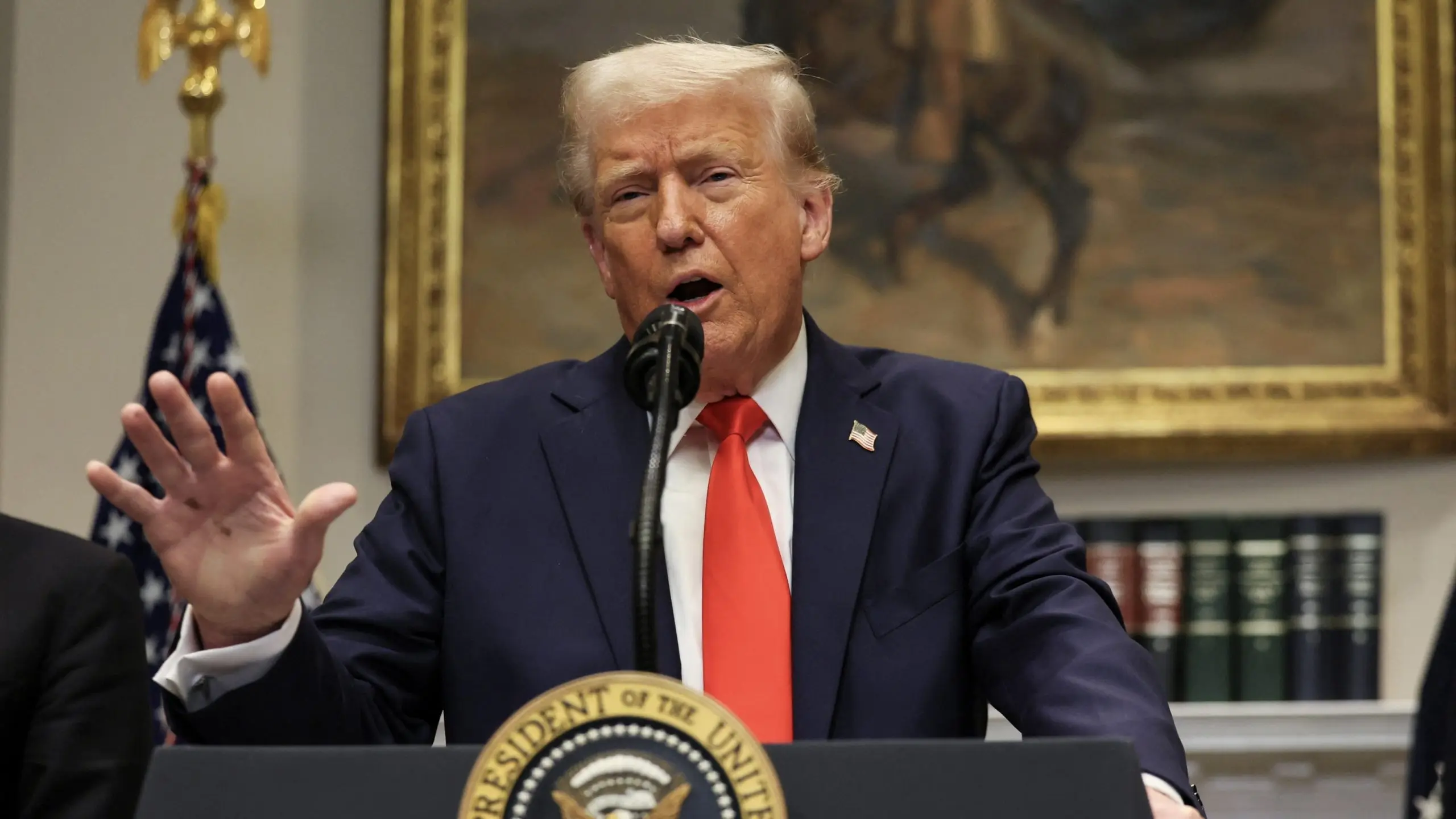
Recently, the United States, China, Taiwan, Russia, and even Vietnam and North Korea have all paid visits to important political leaders, revealing a new international structure and atmosphere.
In general, the chess match between the United States and China continues to be the top priority in the current international landscape, primarily because the United States sees China as a threat to U.S. hegemony and will try its best to restrict China. As a result, Chinese Foreign Minister Wang Yi recently held a 12-hour meeting with U.S. National Security Advisor Jake Sullivan in Malta, in which the Taiwan issue was said to be the focus. Immediately after, Wang flew directly to Moscow to meet with President Vladimir Putin, evidently demonstrating that China is obviously using its Russian card to restrict America’s Taiwan card. Perhaps, however, this symbol of Chinese and Russian cooperation was not purposely meant to be targeted at a third party, and was aimed, instead, at easing tensions, as otherwise, there would be no need to be this brazen.
On Sept. 23, Wang even accepted the invitation to meet with U.S. Secretary of State Antony Blinken. There, Wang repeated his old tune, calling on the United States to pay attention to China’s legitimate concerns. This was, of course, about the Taiwan issue. One should not talk about cooperation while stabbing the other in the back at the same time. Additionally, neither Xi Jinping nor Wang attended the most recent session of the United Nations General Assembly, instead allowing Han Zheng, the high-ranking but powerless Chinese vice president, to take charge, highlighting how China has more important concerns. However, Han also put forward a warning not to underestimate the Chinese government’s insistence on territory and sovereign integrity, a message naturally directed at the United States and its allies.
In contrast, during Joe Biden’s speech at the United Nations General Assembly, he made the exception of not mentioning Taiwan and seemed intent on sending a friendly signal to Beijing. On top of this, Lai Qingde recently visited the United States in a very low-key manner, in sharp contrast to Hou Youyi’s highly publicized visit. And thus, Beijing’s intentions with their arrangements with the U.S. naturally become clear.
On the other hand, the United States and China are still intensifying the game against each other. For example, North Korea plans on selling weapons to Russia, strengthening cooperation between North Korea and Russia, which will in turn promote trilateral relations between China, Russia and North Korea. Meanwhile, under the leadership of the United States, the trilateral relationship between the United States, Japan and South Korea has also become increasingly close, resulting in increasing tensions on the Korean Peninsula. At the same time, a summit between China, Japan and South Korea is in the process of being planned. Xi has also expressed his desire to visit South Korea, with the obvious intention of balancing relations between the U.S., Japan and South Korea. In addition, Biden has also visited Vietnam, planning to provide Vietnam with F16 fighter jets to strengthen its defense against China.
It is evident that the game between the United States and China is still the main theme of international politics. However, since both sides are unwilling to fight each other, both are intentionally trying to rein in the situation. Moreover, both parties are still trying to maintain a friendly atmosphere so that Xi can hold a visit in the United States during the Asia Pacific Economic Cooperation, commonly known as APEC, in November. Whether this will happen is still uncertain, primarily because the United States has refused to invite Hong Kong Chief Executive Li Jiachao to attend the meeting, resulting in Beijing not agreeing to participate. In this treacherous international atmosphere, is a controllable independent Taiwan still the United States’ first choice? What is certain is that in 2024 there will also be a U.S. election, a time when the two major political parties in the United States will compete to criticize China. Currently, Trump leads Biden by 10% in the polls. This is also a situation that Taiwan should pay attention to.
Shop For Night Vision | See more…
Shop For Survival Gear | See more…
-
Sale!

Stainless Steel Survival Climbing Claw Carabiner Multitool Folding Grappling Hook
Original price was: $19.99.$9.99Current price is: $9.99. Add to cart -
Sale!

Japanese 6 inch Double Edged Hand Pull Saw
Original price was: $19.99.$9.99Current price is: $9.99. Add to cart -
Sale!

Mesh Shooting Hunting Vest with Multi Pockets
Original price was: $59.99.$39.99Current price is: $39.99. Add to cart
















































